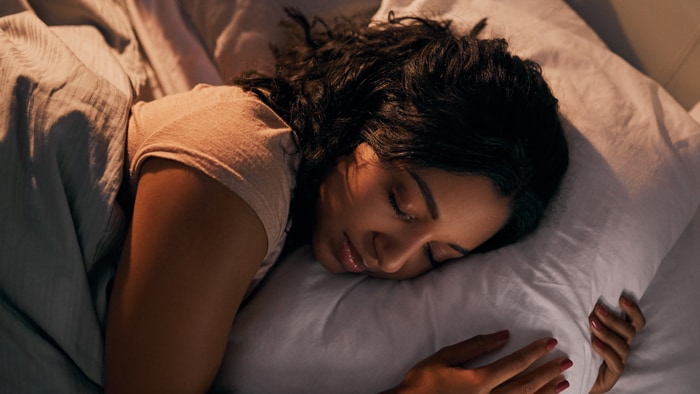In search of sleep: experts recommend lifestyle changes over sleeping pills
By Linda Childers If you have problems falling or staying asleep, you’re not alone. According to the American Academy of Sleep Medicine, each night millions of people in the United States spend the night tossing and turning. While it may be tempting to reach for a sleeping pill to ensure slumber, medical experts recommend using caution. A medical study released in September 2014 showed that using benzodiazepine, a drug class used to treat anxiety and insomnia (and found in medications including Xanax, Valium, Ativan and Ambien) of three months or more was linked to an increased risk (51 percent) of dementia. Even over-the-counter sleeping pills have been linked to memory problems. Benadryl, a popular allergy medication, that also induces sleepiness, was shown in a 2012 study to increase forgetfulness. “The sedative effects of Benadryl can be long acting and can impair performance such as driving the following morning,” said Dr. David Brown, a sleep psychologist in Woodlands, Texas. For short-term relief, Brown said melatonin, a natural hormone, is the best bet for insomnia. “Melatonin taken in the early evening, combined with bright light in the morning can help people fall asleep earlier,” Brown said. “As with any supplement, before taking melatonin consumers should always check with their doctor.” Instead of turning to sleep pills, Terry Cralle, a nurse and certified clinical sleep educator from Fairfax, Virginia, said making some lifestyle changes can often lead to a better night’s sleep. “If you suffer from chronic insomnia, you should talk to your doctor and see if you might be a candidate for a sleep test or routine blood testing,” Cralle said. “Conditions such as sleep apnea and vitamin deficiencies have been shown to cause insomnia.” For those who have ruled out insomnia-related medical conditions, Cralle recommends practicing good sleep hygiene. “If your mattress is more than seven years old, it may be time to buy a new mattress,” Cralle said. “Look for a mattress that offers both comfort and support, and also make sure to upgrade your pillows, and to purchase pillows that support your sleep position.” Cralle also recommends adopting a good bedtime routine. “This means no televisions, smartphones or electronics in the bedroom, since these devices can act as stimulants and keep you awake,” she said. “Instead, try to stick to a consistent sleep schedule, and consider installing blackout curtains, a fan or a white noise machine in your bedroom.”



